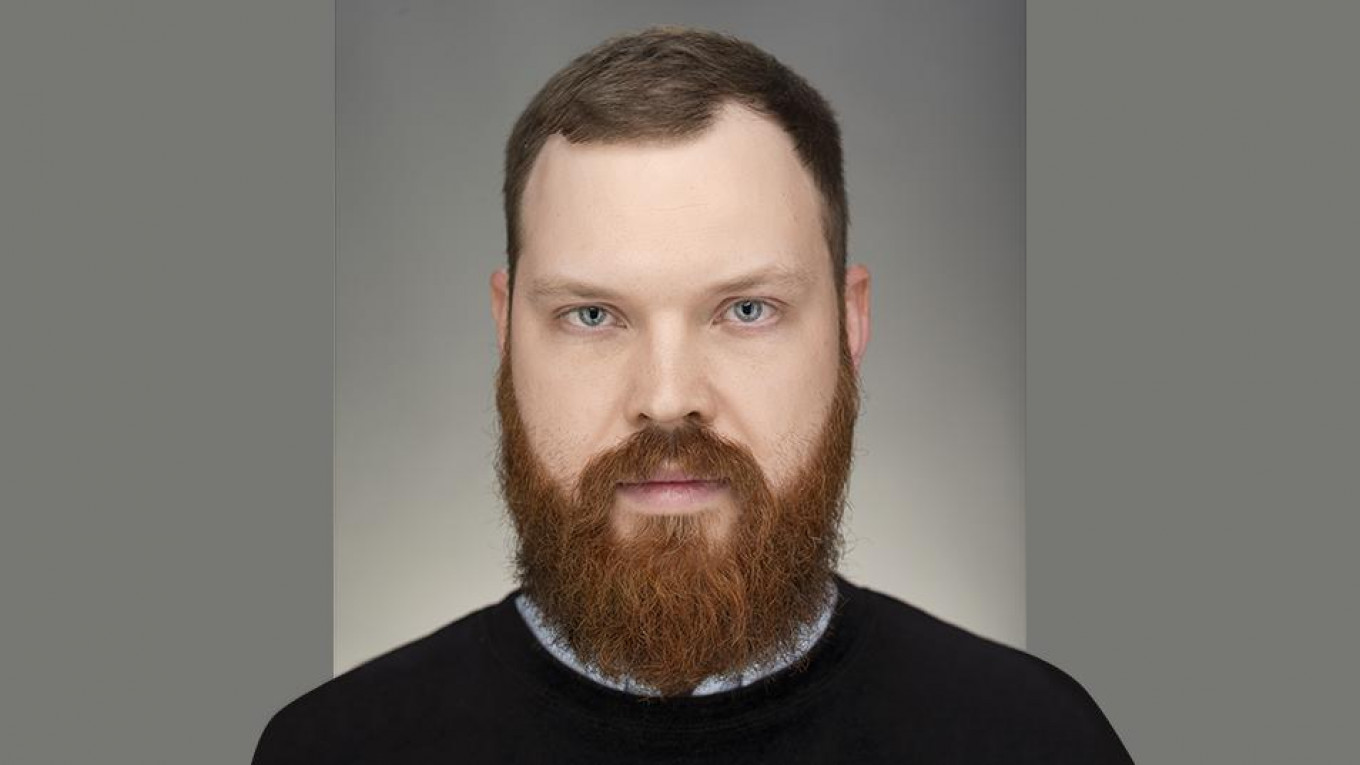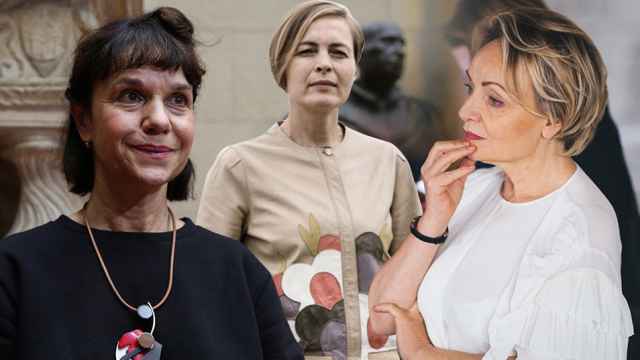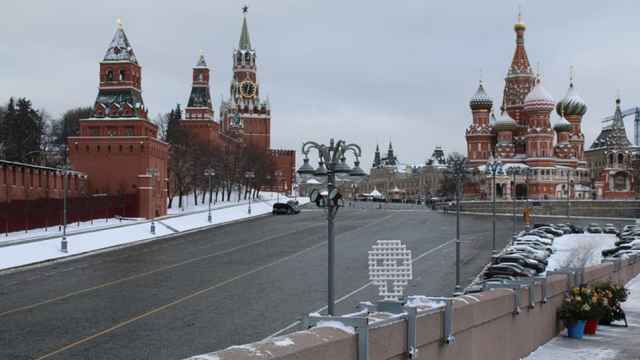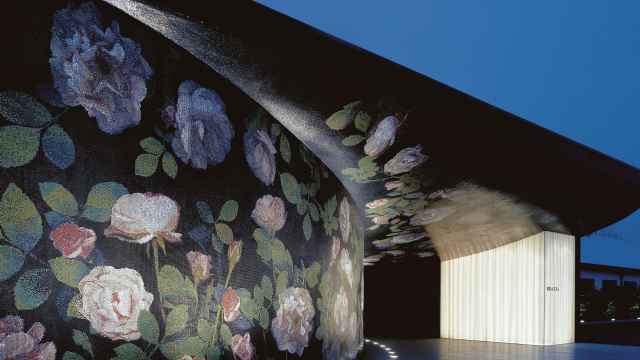Ilya Shipilovskikh, the director of the Yeltsin Center art gallery, moved to Yekaterinburg from Perm almost seven years ago. Since then, he has fallen head over heels in love with the city and talked to The Moscow Times about his life before and after the move.
I moved to Yekaterinburg in 2011 to work at the Urals branch of the National Center for Contemporary Art (NCCA). I worked there for five years and took part in organizing two Ural Industrial Biennials of Contemporary Art.
When I lived in Perm, I used to play in a rock band called 8 Tripping Horses. 8 Tripping Horses can be described as stoner rock or post-grunge. Our frontman, who goes by the name Anton the 8th, is still playing; he’s a solo artist now. (He’ll be performing at the Yeltsin Center on Music Night on June 24, by the way.) In 2010, a producer brought us to Moscow and we were quite successful; we had a concert almost every week, and even performed at Solyanka [a cult Moscow club, now closed].
I kept my interest in music and that’s how I met the band Gorodok Chekistov, named after the constructivist masterpiece building. I became friends with the band members and I even play with them occasionally. I went with them to a festival in Vladivostok a few years back.
I realized that I had fallen in love with this city while doing research for a project about that same constructivist building, which was a residential complex for NKVD (Soviet secret police) staff. It was part of the 2015 Ural Industrial Biennial. The exhibition took place at Hotel Iset, the centerpiece of Gorodok. Eight floors were filled with works of art, while the ninth floor was dedicated to the history of the place.
I realized that I had fallen in love with this city
I knew quite a few people in Yekaterinburg already and the NCCA team in Yekaterinburg back then was like a family. And there’s so much going on. You can be walking down the street when you meet a friend who will tell you all about his new project. It’s never boring here.
I’ve seen quite a bit of Russia and I think that after Moscow and St. Petersburg, Yekaterinburg is the most interesting city. It’s large enough, with 1.5 million people, so there’s always an audience for whatever projects you are working on. There’s always been a counterculture, from non-conformist art in the 1960s to the Sverdlovsk rock club in 1980s, and it still influences the city.
In 2015 , when the Yeltsin Center was about to open, I was invited to head its art gallery. The Yeltsin Center attracts all kinds of Yekaterinburg residents: there’s theater, a night club, a public lecture program and various children’s projects. Here I don’t get to put exhibitions together, like I did at NCCA, but I choose the new projects and curators.
the face of the city is constantly changing
Yekaterinburg’s cityscape changes all the time. Just a few years ago there was no Yekaterinburg City — the neighborhood of skyscrapers where the Yeltsin Center is located. The TV tower was demolished this spring and that has totally changed the cityscape. And now the new headquarters of the Russian Copper Company, designed by British architect Norman Foster, will be built on the left bank of the Iset River. So the face of the city is constantly changing.
I love to walk down Pervomayskaya Ulitsa from Gorodok Chekistov to the Iset River. It’s quiet and green and I like to imagine the utopian constructivist city around me, a plan that was never quite realized. I also enjoy spending time on Ulitsa Khokhryakov. My favorite craft bar, Nelson Sauvin, is there.
A Message from The Moscow Times:
Dear readers,
We are facing unprecedented challenges. Russia's Prosecutor General's Office has designated The Moscow Times as an "undesirable" organization, criminalizing our work and putting our staff at risk of prosecution. This follows our earlier unjust labeling as a "foreign agent."
These actions are direct attempts to silence independent journalism in Russia. The authorities claim our work "discredits the decisions of the Russian leadership." We see things differently: we strive to provide accurate, unbiased reporting on Russia.
We, the journalists of The Moscow Times, refuse to be silenced. But to continue our work, we need your help.
Your support, no matter how small, makes a world of difference. If you can, please support us monthly starting from just $2. It's quick to set up, and every contribution makes a significant impact.
By supporting The Moscow Times, you're defending open, independent journalism in the face of repression. Thank you for standing with us.
Remind me later.






